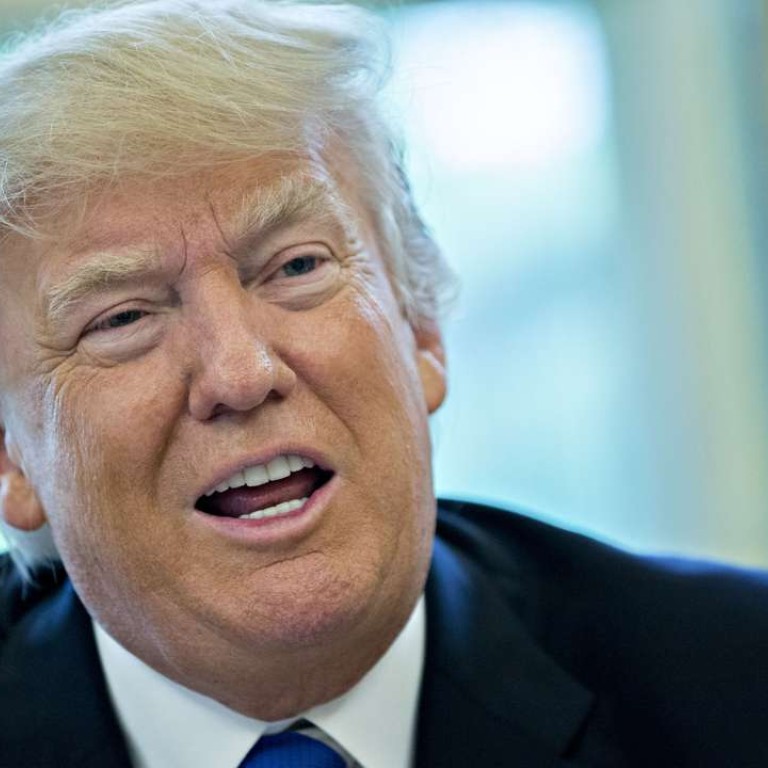
Fears over proposed US tax cuts overblown
Donald Trump wants sharply lower rates, sparking concerns over the impact on America’s trading partners including China. In reality, the US president still has a hard sell ahead of him
Meanwhile, the proposed maximum 15 per cent corporate tax rate from the current 30-plus per cent may be eye-catching. But the 15 per cent rate is roughly what many US corporations currently pay because of loopholes and tax breaks. On paper, US companies pay some of the highest corporate tax rates among developed economies in the Organisation for Economic Cooperation and Development. In practice, they already pay some of the lowest. This means the proposed corporate tax cuts, even if enacted, would have less impact, both at home and overseas, than claimed.
Also, a proposed tax break would encourage US companies that have stashed about US$2.6 trillion in profits overseas to repatriate the money. But this would have less effect on China. The mainland is not a tax haven; in fact, it’s hard to take money in and out of the country because of capital controls. So the overseas profits kept by US companies in China are more likely to be used for reinvestment there.
In any case, the Trump administration has a long battle ahead. Democrats are already gearing up for it. Some Republicans have also cast doubts on the plan. It’s widely perceived as benefiting the wealthy without comparable benefits for the middle class and grass roots. If anything, many entitlement programmes would be cut, including a surtax introduced by former president Barack Obama to fund the so-called Obamacare for health insurance coverage. China, like other key trading partners of the US, should be prepared. Still, Trump’s tax plan may go the way of his attempt to repeal Obamacare – nowhere.

